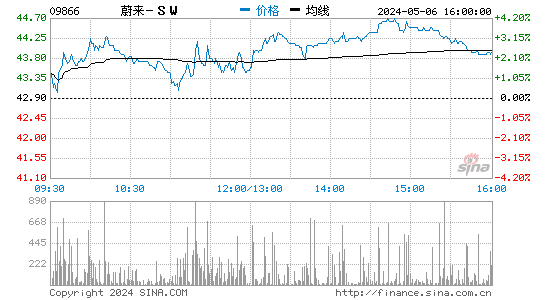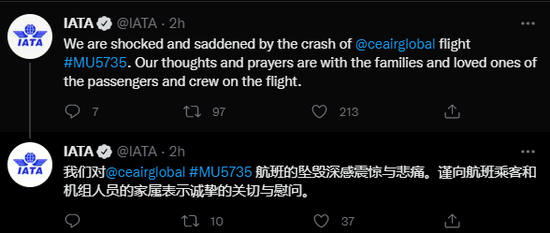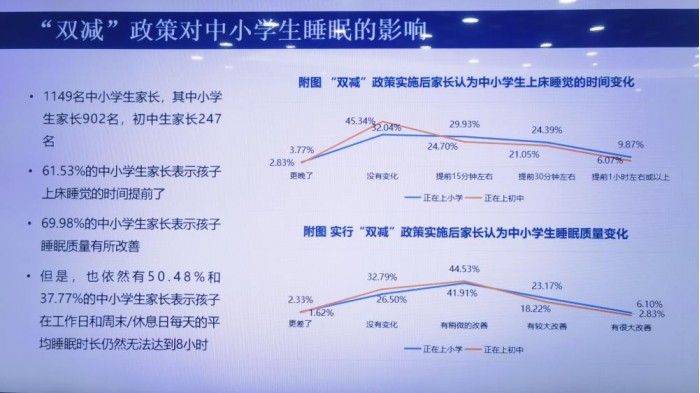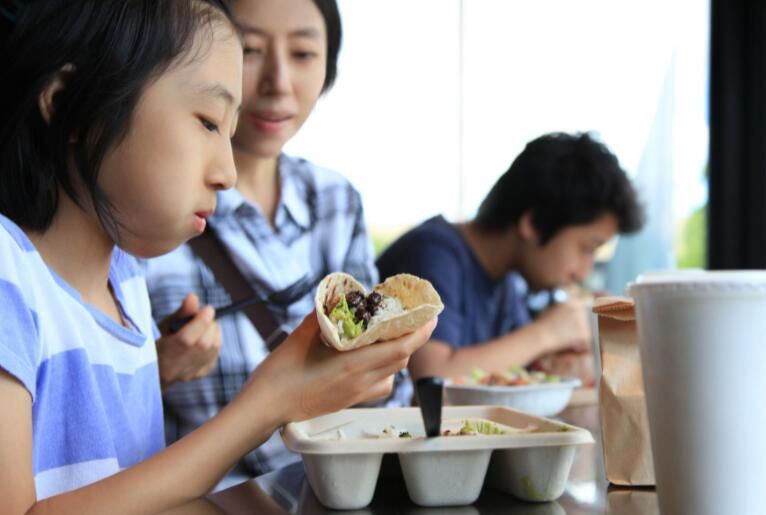日本学校的着装规范一向十分严格,在东京,学生的头发必须是黑色,发型要中规中矩,就连内衣也必须穿指定颜色和款式。日前东京教育部门宣布将废止这些过时的着装规范,并废止关禁闭的处罚方式。
 [Photo/Unsplash]
[Photo/Unsplash]
For decades, being a student in Tokyo meant you had to look a certain way. Under the public school system's dress code, all students had to dye their hair black, certain hairstyles were prohibited and even their underwear had to be a designated color.
过去几十年,在东京上学意味着你的着装必须符合规范。根据东京公立学校的着装规范,所有学生都必须把头发染成黑色,不准留特定发型,甚至连内衣也必须穿指定的颜色。
But these rules, which have recently come under scrutiny and been criticized as outdated, will now be abolished, the city's authorities announced this week.
这些规范最近受到质疑并被批过时,东京政府部门本周宣布将废止这些规范。
A total of five rules will be dropped by nearly 200 public schools across the Japanese capital, including regulations on hair and underwear color, and a ban on "two block" hairstyles, which are long on top and short at the back and sides -- a style currently in fashion in many countries.
东京各地近200所公立学校将有5条着装规定被废止,包括头发和内衣颜色方面的规范,以及对“二分区式”发型的禁令。这种发型前面长,两边和后面短,眼下在许多国家都很流行。
Other rules being cut include the practice of punishing students with a form of house arrest, and ambiguous language in the guidelines on what is considered "typical of high school students."
其他被废止的规定包括用关禁闭的方式惩罚学生,以及学生守则中模糊提到的“高中生应遵守的”各种规定。
The policy changes go into effect at the start of the new academic year on April 1. The move came after Tokyo's board of education conducted a survey last year that asked schools, students and parents about their views on the policies.
这一政策变动将于4月1日新学年开始时生效。东京都教育委员会去年开展了一项调查,就这一政策询问学校、学生和家长的意见。
Tokyo isn't the only Japanese city with a strict dress code -- similar rules are in effect around the country, with many schools requiring students to wear shoes and socks of a designated color.
东京不是唯一一个着装要求严格的日本城市,日本各地的学校都实行类似的着装规范,许多学校要求学生穿指定颜色的鞋袜。
Schools in Fukuoka, on the island of Kyushu, also have rules restricting students' hairstyles and dictating both the color and pattern of their underwear, according to Japanese newspaper Asahi Shimbun.
据《朝日新闻》报道,九州岛福冈市的学校也限制学生的发型,并要求学生穿指定颜色和款式的内衣。
Like Tokyo, Fukuoka conducted a public survey last year, in which students complained that the dress code caused them stress and limited their self-expression, Asahi reported.
《朝日新闻》报道称,和东京一样,福冈市去年也开展了一项公开调查,受访的学生抱怨说着装规范给他们带来了压力,限制了他们的自我表达。
The issue was thrust into the spotlight in 2017 when a high school student in Osaka prefecture sued her school, a case that attracted national attention and prompted widespread public debate on restrictive dress codes.
2017年,由于大阪府的一名高中生起诉学校,着装规范问题成为关注焦点。这一案件吸引了全国的目光,并引发了公众对约束性着装规范的广泛讨论。
She alleged that she had been forced to dye her naturally brown hair black when she first joined the school, and was told to re-dye it every time her brown roots grew back, according to Asahi. She was eventually given academic penalties for not dyeing it often enough.
据《朝日新闻》报道,这名学生声称她刚进学校时被迫将天生的褐色头发染成黑色,每次她的褐色头发长出来老师都让她重新染发。后来她甚至因为染发染得不够勤而受到学术惩罚。
Her lawsuit complained that the frequent coloring had damaged her hair and scalp, and caused her mental distress. Last year, she won 330,000 yen in damages.
她在起诉书中抱怨说,频繁染发损害了她的发质和头皮,并给她带来了精神上的痛苦。去年,她胜诉并获得33万日元(约合人民币17612元)的损害赔偿。
Other students and families have since spoken out with similar complaints, while several schools have announced changes to their dress codes.
自那以后,其他学生和家长也纷纷提出了类似的投诉,一些学校已宣布将更改着装规范。
This spring, a school in Ube, Yamaguchi prefecture, will become the first in the city to introduce a "genderless" uniform, with students of all genders given a choice between slacks and skirts, Asahi reported -- a major break from the strictly gendered dress codes still widespread in Japan.
据《朝日新闻》报道,今年春天,山口县宇部市的一所学校在日本首次推出“无性别”制服,所有性别的学生都可以选择穿宽松长裤或半身裙,打破了日本当前仍十分普遍的性别分明的着装规范。
英文来源:美国有线电视新闻网
翻译&编辑:丹妮
























